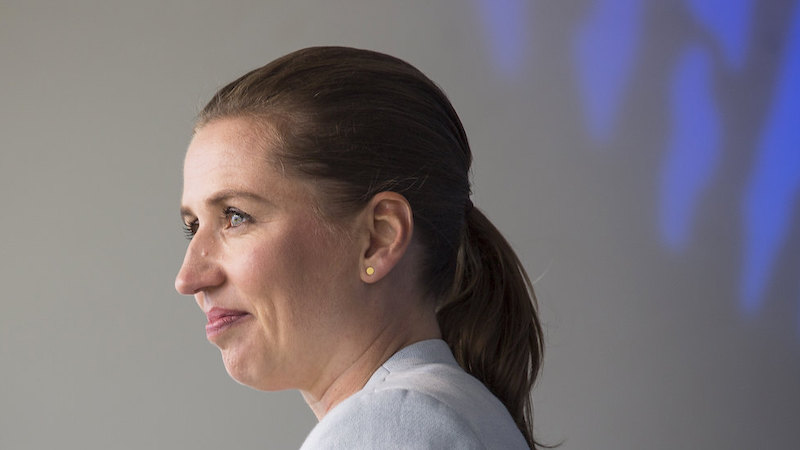Denmark’s government announced a “new political direction” based on an ambitious climate manifesto, released on Wednesday.
Social Democrat leader Mette Frederiksen, 41, became the country’s new prime minister on Wednesday, after she secured a political deal with three other left-wing parties to form a one-party minority government.
Under the agreement, the new government pledged to introduce binding decarbonisation goals and strengthen its 2030 target to reduce emissions by 70% below the 1990 level – the current target is 40%.
The left-wing alliance acknowledged this was “a very ambitious target” and that the last five points of emissions reduction to 70% would be “particularly difficult to reach”.
But the alliance warned “the world and Denmark are in a climate crisis” and that limiting global temperature rise is “not just the right thing to do, it’s also the most economically responsible one”.
Four countries have declared climate emergencies, yet give billions to fossil fuels
The leftist alliance described the election as “a historic opportunity to set a new political direction” in Denmark. In the political manifesto its vision for a green transition was listed above all other social programmes as the new government’s top priority.
Mogens Jensen, deputy chairman of the Social Democrats, welcomed “a new green and fair direction for Denmark”.
The new government roadmap was agreed by the Social Democrats, the centrist Danish Social Liberal Party, the Socialist People’s Party and the Red-Green Alliance. The left wing bloc, which won a majority in the country’s parliamentary election on 5 June, unseated conservative prime minister Lars Løkke Rasmussen.
Brian Vad Mathiesen, professor of energy planning at Aalborg University, said the June election had seen “the most detailed and vigorous debates about climate and energy policy ever in Denmark”.
Climate news straight to your inbox? Sign up here
Other measures agreed under the deal include energy efficiency improvements and a broad electrification strategy, a ban on the sale of all new diesel and petrol cars from 2030 and cooperation with other North Sea countries to exploit offshore wind potential.
Under the deal, the government also pledged to strengthen its climate diplomacy and push for more ambitious climate goals within the EU. It committed to work to raise the bloc’s 2030 target, achieve a consensus for carbon neutrality by 2050 and focus the union’s future budget on climate.
Morten Østergaard, the leader of the Danish Social Liberal Party, said parties had “written the first chapter of a green, clever and loving system change”.
Climate Home News needs your help… We’re an independent news outlet dedicated to the most important global stories. If you can spare even a few dollars each month, it would make a huge difference to us. Our Patreon account is a safe and easy way to support our work.
Mattias Söderberg, climate advisor at NGO DanChurchAid, said politicians in Denmark had “finally realised that climate change is a serious matter”.
“More than 60,000 Danes called for a new Danish climate law in the run-up to to the election. It now seems like this proposal will be turned into policy and law,” he said.
The petition which was signed by 65,000 people and demanded the government take more action on climate change failed to gain the support of the conservative government and the right-wing populist Danish People’s Party in parliament earlier this year.
We’ve changed our rules on republication. Please read them here
